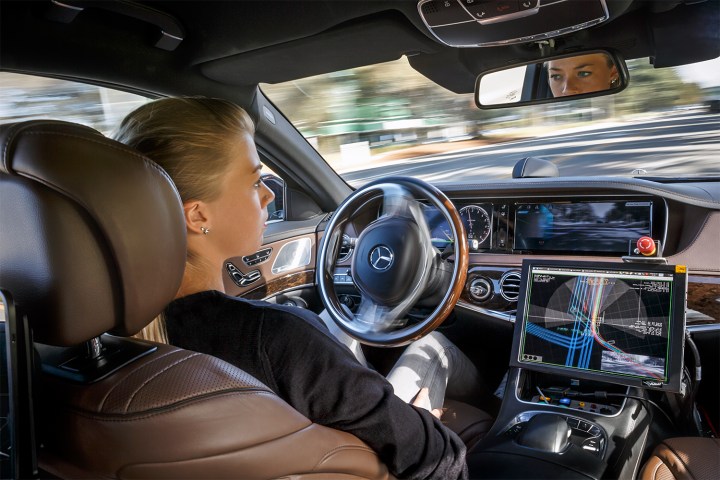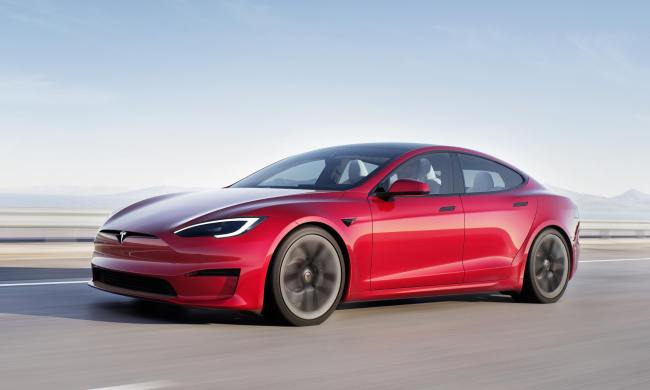
Ontario’s autonomous car program is the nation’s first, but for most of this year there seemed to be little interest from companies developing self-driving technology.
But better late than never, it appears Canada’s grand plan for autonomous driving research is finally getting into gear.
Autonomoose to hit the road
The province, which is home to the bulk of Canada’s auto industry, revealed this week that three different research groups have this week started testing their self-driving vehicles on public roads.
They include the University of Waterloo, which is using a Lincoln MKZ hybrid sedan with the exquisite nickname Autonomoose; automaker Erwin Hymer Group that’s testing a Mercedes-Benz Sprinter van; and BlackBerry’s QNX division, which is testing its software with a Lincoln.
The teams behind the technologies are allowed to use their cars on any public roads in Ontario, though a safety driver must be behind the wheel at all times should the on-board computers at any point cause the vehicle to make an unexpected move.
Cars will be packed with the usual suite of visual sensors, radar, and sonar technology to help them navigate roads and respond to obstacles.
The aim is to hone the autonomous driving software while testing it in a wide range of traffic and weather conditions. Ross McKenzie of the University of Waterloo told the Globe and Mail that the freedom to go anywhere combined with the province’s variable climate “puts us at a distinct advantage” when it comes to trialing its kit.
While the arrival of self-driving cars on the roads of Canada has been a long time coming, officials said that with the likes of Ford, General Motors, Honda, and Toyota all operating in the province, they hope that more companies will consider joining the scheme with their own autonomous driving projects in the near future.


